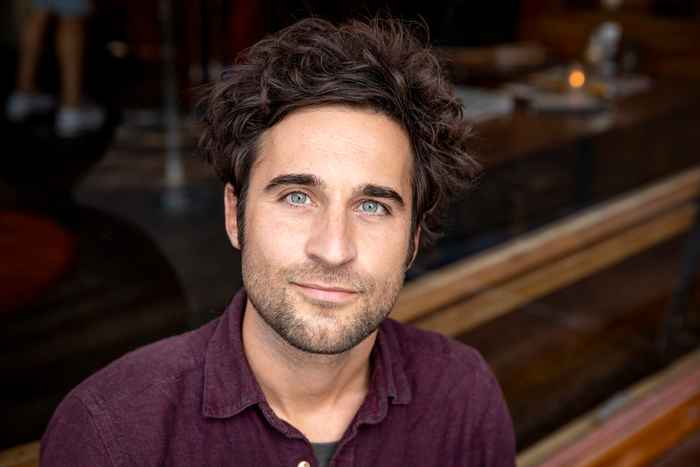Conspiracy theories and the socialist past
Boris Noordenbos receives ERC Starting Grant for research into conspiracy-based narratives
3 september 2020

Recent years have seen a booming academic interest in conspiracy theories, but most of this research focuses on Western Europe and the United States. ‘Academic literature still frequently discusses 9/11 and the assassination of Kennedy. Many insights into conspiracy theories are based on these kinds of Western examples, but in other parts of the world, the conspiracy culture is very different.’
Undermining outside influences
Conspiracy-based narratives are not isolated or rooted in the present, but are connected with past experiences. This is why in post-socialist Eastern Europe, conspiracy theories take on a different shape than in places such as the liberal US, the researcher explains.
‘In Western countries, suspicion is often aimed at governments and elites. Many classic conspiracy theories concern the withholding of information from the public or the behind-the-scenes curtailing of our liberties. In Central and Eastern Europe, however, suspicion is more commonly aimed at outside influences. This becomes apparent in, for instance, Russian fiction and non-fiction literature about Ukrainian ‘fascists’ and American ‘imperialists’ who secretly work to undermine Russia’s influence in the region. It can also be seen in an enormous number of Polish films and documentaries about an alleged conspiracy of Russian secret services against president Lech Kaczynski. In order to understand the expressive power and political impact of such ideas, you must canvas how they build on cultural myths and experiences from the socialist past.’
Conspiracy theories in popular culture
In their project Conspiratorial Memory: Cultures of Suspicion in Post-Socialist Europe, Noordenbos and his team will investigate conspiracy theories from Poland, Belarus, Ukraine and Russia and examine how conspiracy-based narratives are given shape in cultural expressions such as literature, film, television and online platforms. They will zoom in on recent theories about three events: the Chernobyl nuclear disaster, the current war in East-Ukraine, and the death of the Polish president Lech Kaczynski in a 2010 airplane crash.
With his project, Noordenbos aims to get a better idea of the role of popular culture in the spread of conspiracy theories in the region. He will also research how conspiracy-based narratives change over the course of time. ‘Conspiracy theories are always on the move: they circulate, are adopted, adapted and contradicted. How exactly this works is something we aim to gain a better understanding of through this project.’
Boris Noordenbos is assistant professor in Literary and Cultural Analysis and is affiliated with the Amsterdam School for Cultural Analysis (ASCA). His previous research topics include the way recent Russian literature deals with vexed questions of national and cultural identity, and the political usage of nostalgia in Russian popular culture.
Noordenbos is one of eight UvA researchers to receive a Starting Grant from the European Research Council (ERC). Read more about the other laureates here.